Keeping Pets Safe During Holidays
The holiday season brings joy and celebration to many families. However, amidst the excitement, it’s essential to ensure the safety of all household members — including our beloved pets. During festive times, pets face numerous hazards that can easily be overlooked in the hustle and bustle. At Lewiston Veterinary Clinic, we’re dedicated to helping you keep your pets safe and healthy throughout the holiday celebrations.
Common Holiday Hazards for Pets
Toxic Foods:
The holidays introduce a plethora of tasty treats that can unfortunately harm our pets. Understanding the risks associated with these foods is the first step in preventing accidental ingestions that could lead to severe health issues.
Medical Perspective
- Chocolate: Contains theobromine and caffeine, both of which are toxic to pets. Symptoms of chocolate poisoning include restlessness, rapid breathing, increased heart rate, and seizures. Long-term effects can include pancreatitis or cardiac issues if consumed in large quantities.
- Xylitol: Often found in sugar-free candies and gums, xylitol can cause a rapid release of insulin in pets, leading to severe hypoglycemia (low blood sugar) and liver failure. Symptoms include vomiting, loss of coordination, and seizures. Without immediate treatment, xylitol poisoning can be fatal.
- Onions and Garlic: These can cause gastrointestinal distress and damage to red blood cells, leading to hemolytic anemia. Symptoms might include weakness, vomiting, and an increased heart rate. Chronic exposure or large ingestions can be particularly dangerous.
Diagnosis and Treatment
Diagnosing food toxicity involves a combination of physical exams, blood tests, and a detailed history of the pet’s recent activities and diet. Treatment may require inducing vomiting, administering activated charcoal, intravenous fluids, and in severe cases, hospitalization for supportive care.
Dangerous Decorations:
Decorations can transform our homes into winter wonderlands but pose significant risks to pets.
Medical and Behavioral Impact
- Tinsel and Ribbons: These can cause intestinal blockages if ingested. Symptoms include vomiting, diarrhea, and abdominal pain. Surgery is often required to remove the obstruction.
- Lights: Chewing on electrical cords can lead to electric shocks or burns. Pets may experience pain, respiratory distress, or even cardiac arrest.
- Ornaments: Broken pieces can cause cuts or be swallowed, leading to internal injuries or blockages. Monitoring and prompt veterinary care are essential if ingestion or injury is suspected.
Stressful Environments:
The increase in noise and visitors can overwhelm pets, leading to stress-related behaviors such as hiding, excessive panting, or changes in eating habits. Providing a quiet space for your pet can help them retreat and feel safe during noisy festivities.
Behavioral Management
- Create a dedicated quiet zone equipped with your pet’s favorite items to provide a sense of security.
- Consider pheromone diffusers or anxiety wraps to help calm your pet.
Symptoms to Watch For:
- Vomiting or Diarrhea: Could indicate ingestion of toxic foods or objects. Monitoring frequency and severity is crucial.
- Lethargy: A sign of potential poisoning, stress, or underlying illness.
- Changes in Behavior: Such as aggression or excessive vocalization, may indicate anxiety or discomfort.
If you notice any of these symptoms, contact Lewiston Veterinary Clinic immediately for guidance and potential treatment.
Preventive Measures

Safe Environment:
Ensure your pet’s environment remains secure and serene during the holidays:
- Keep hazardous items such as chocolates, plants, and decorations out of reach.
- Maintain a consistent routine, as pets thrive on predictability.
Appropriate Foods:
While it’s tempting to share holiday meals with pets:
- Stick to pet-safe treats and keep human food away.
- Regular feeding routines help prevent gastrointestinal upset and maintain digestive health.
Managing Stress:
To minimize stress:
- Create a quiet zone away from the festivities where your pet can relax.
- Consider using calming products recommended by your veterinarian.
Importance of Regular Veterinary Care:
Regular check-ups can catch potential health issues before they become emergencies:
- Preventative care is crucial, especially around stressful times like the holidays.
- Vaccinations and routine health checks help keep your pet in top condition.
How Lewiston Veterinary Clinic Can Help:
At Lewiston Veterinary Clinic, we offer comprehensive services to ensure your pet’s holiday season is safe and enjoyable:
- Pre-holiday check-ups and dietary consultations to tailor a safe plan for your pet.
- Emergency care services for immediate needs, providing peace of mind during the busiest times of the year.
The holidays are a special time for families, including our pets. Contact us to book a pre-holiday wellness appointment or learn more about keeping your pets safe during the holiday season.
For more detailed information on holiday pet safety, visit:
- AVMA Holiday Pet Safety, providing a comprehensive guide on keeping your pets out of harm’s way during festive times.
- ASPCA Holiday Safety Tips, offering expert advice on protecting your pets from common holiday hazards.


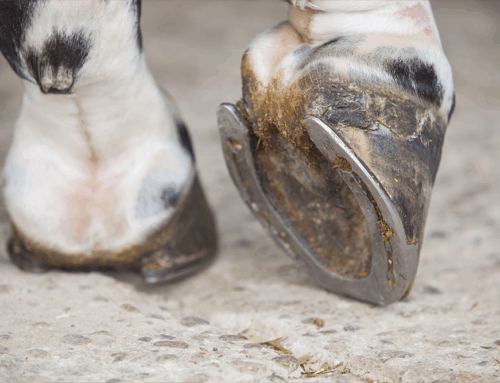

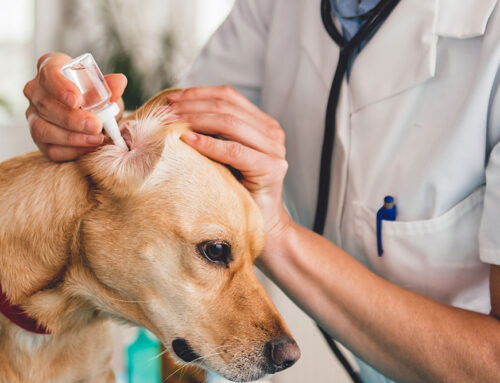
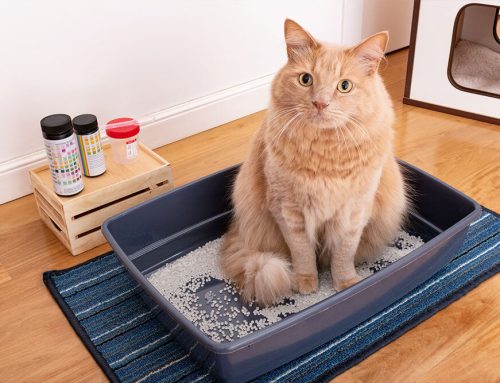
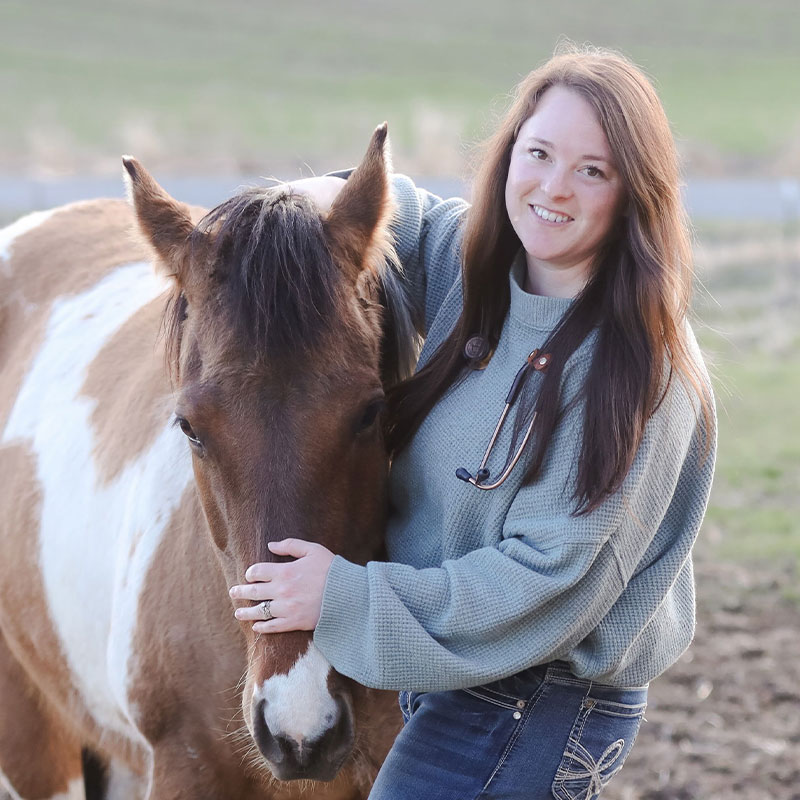

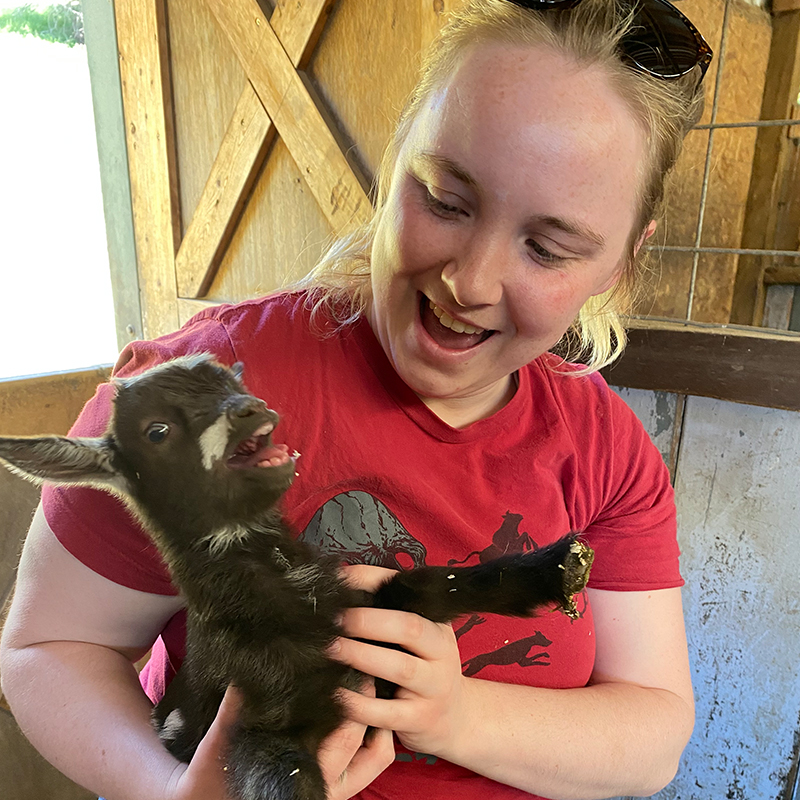
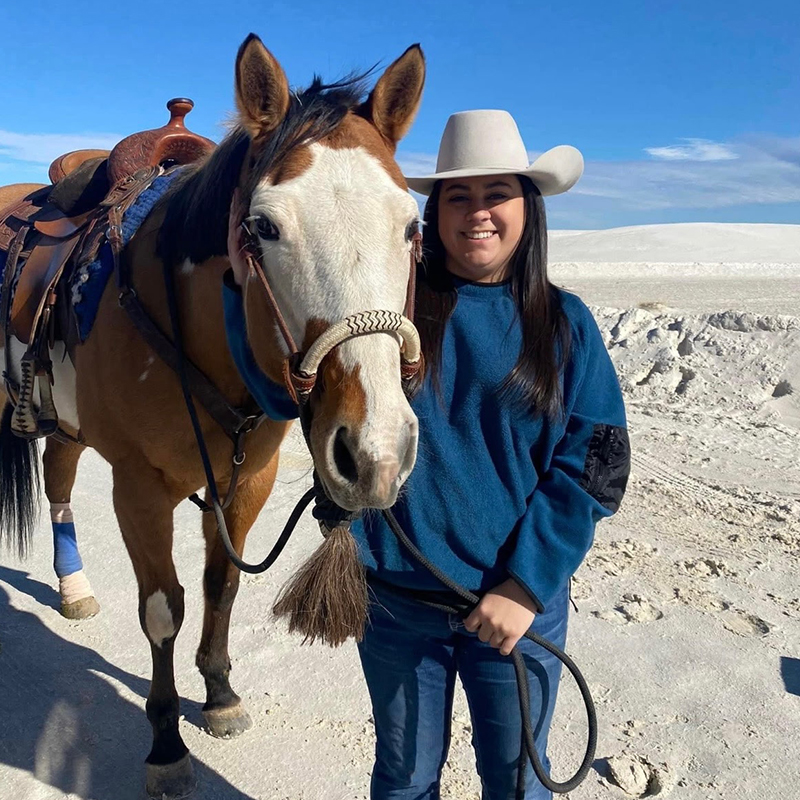


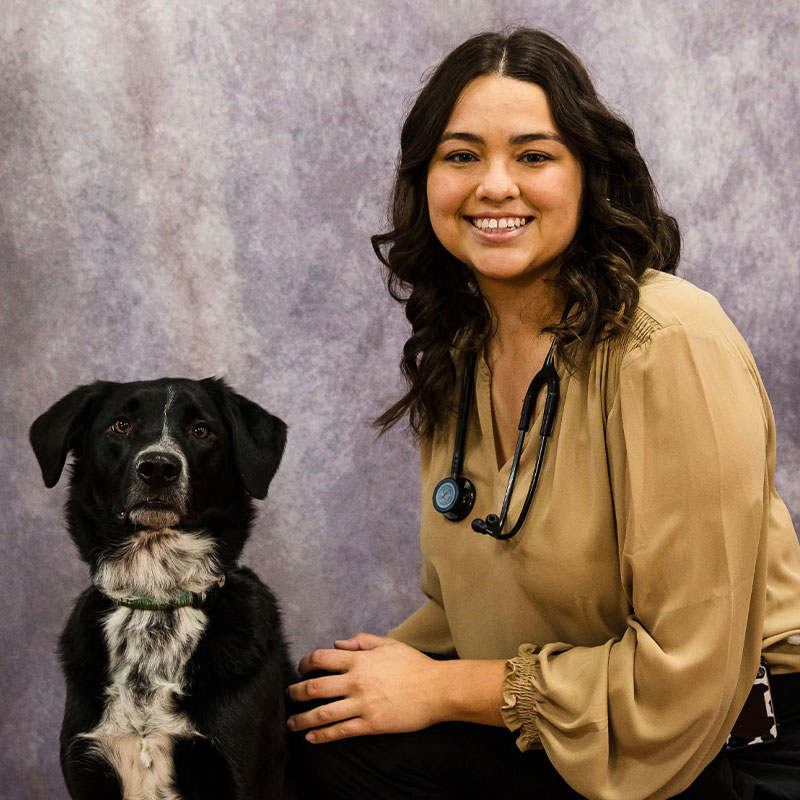

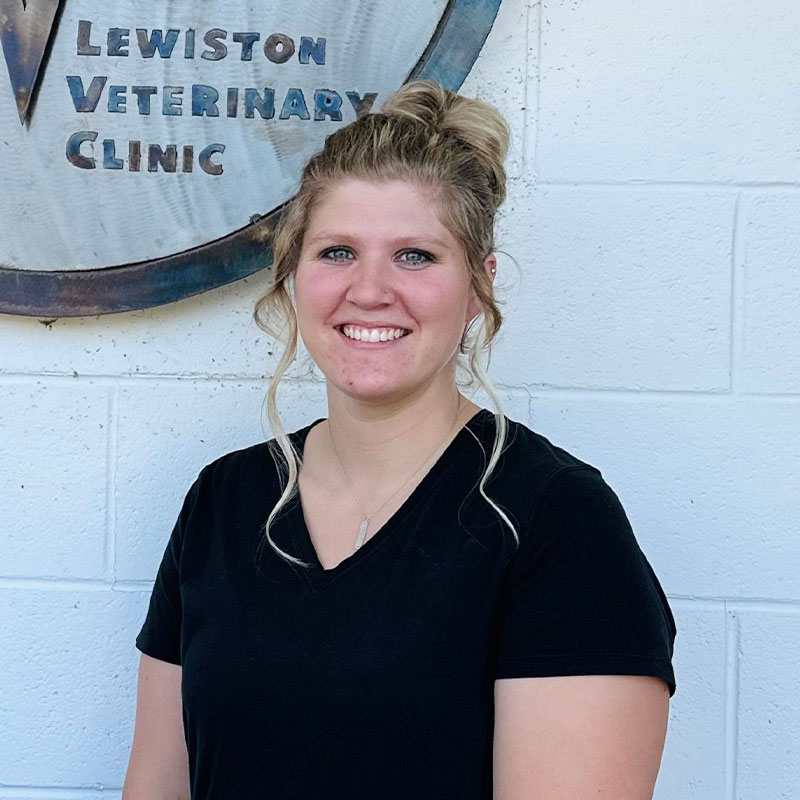





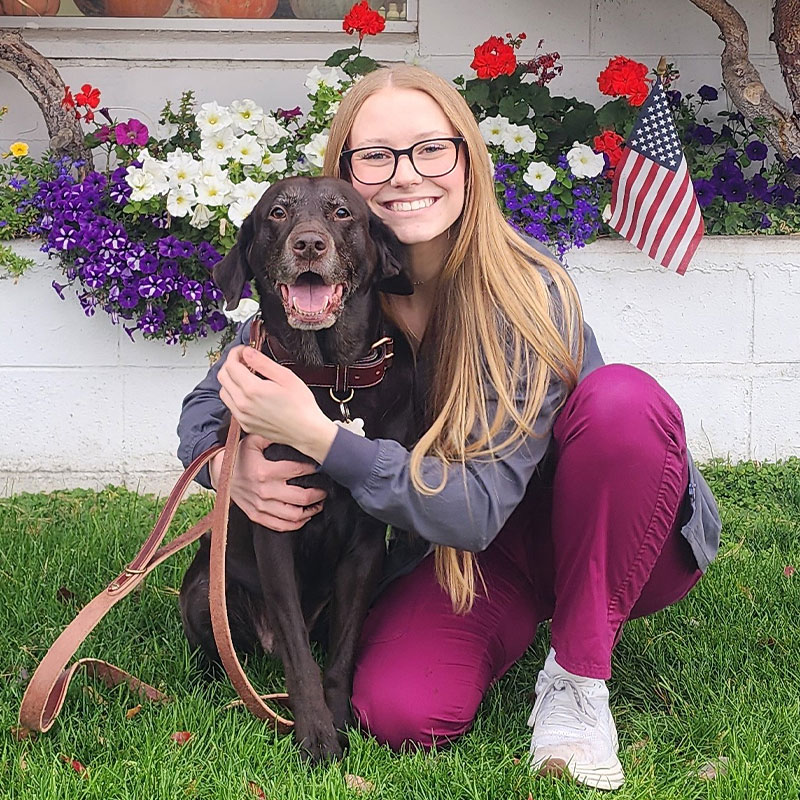
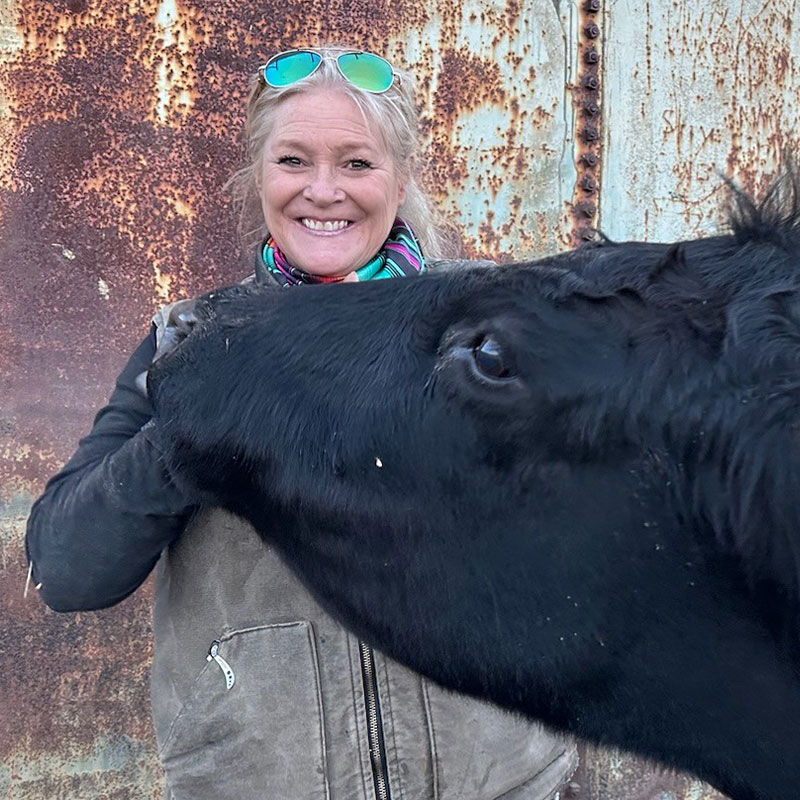






Leave A Comment